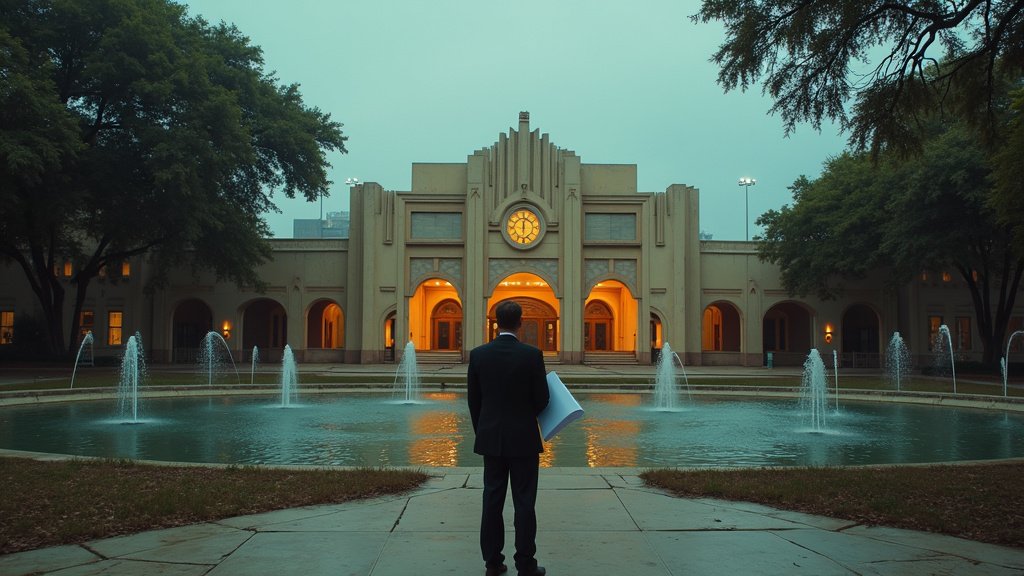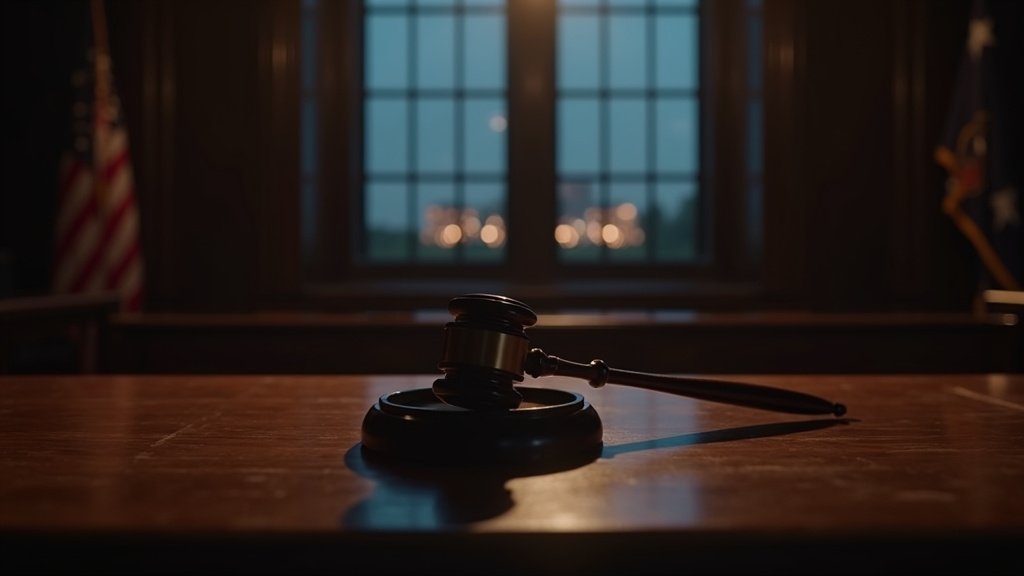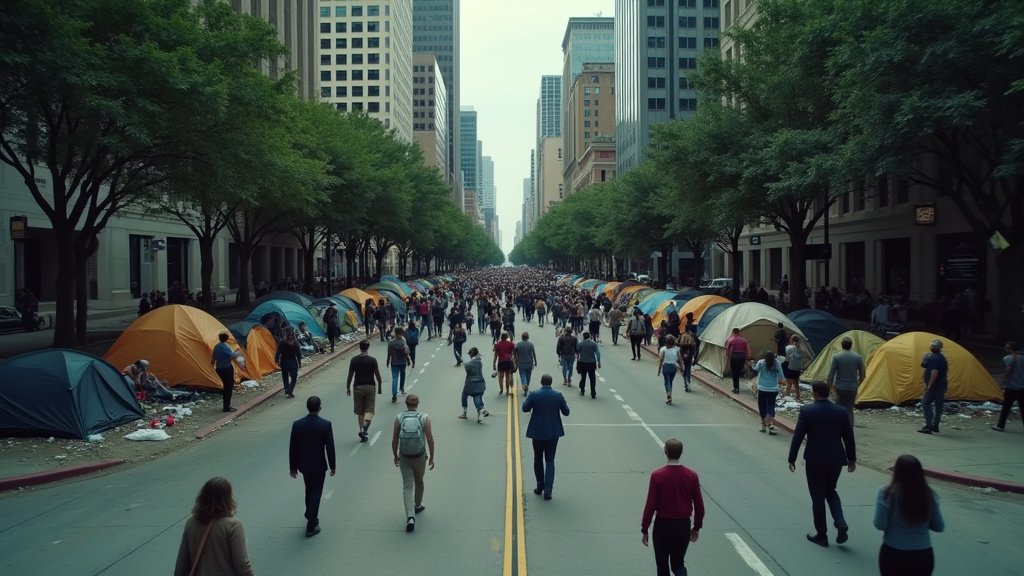In a significant move that marks a new chapter for a beloved cultural landmark, the City of Dallas has officially terminated its management agreement with Fair Park First and its subcontractor, Oak View Group (OVG), taking direct operational control of the historic 277-acre park. This decision, effective in 90 days, follows years of complex negotiations, mounting criticism over deteriorating conditions, and significant financial controversies, signaling a reset for an iconic Texas institution facing an uncertain future.
A Troubled Privatization Saga
The decision to end the contract is the culmination of a privatization effort that began in late 2018 and early 2019, when Dallas entrusted the management and operations of Fair Park to the nonprofit Fair Park First, which then subcontracted daily operations to Oak View Group (formerly Spectra). The stated goal was to inject private sector expertise and financial innovation into a park that had struggled for decades with underfunding and a lack of year-round activation. Hopes were high that this partnership would lead to revitalization and financial sustainability.
However, the management structure proved to be deeply flawed, characterized by a lack of direct city oversight and transparency between OVG and the city. The park’s infrastructure, including its historic Art Deco buildings and grounds, began to show signs of neglect. A critical turning point came with the revelation from a 2024 audit that OVG360, Fair Park First’s for-profit arm, allegedly misallocated over $5.7 million in restricted donor funds intended for capital projects, instead using them for operational expenses. While OVG360 disputes these claims, the audit’s findings fueled city officials’ concerns and led to failed mediation efforts.
City Takes the Reins Amidst Physical and Financial Decay
Dallas Park Board President Arun Agarwal described the contract termination as a “total reset,” emphasizing the city’s commitment to restoring Fair Park’s former glory. The city’s Parks and Recreation Department will now manage day-to-day operations, a move aimed at ensuring continuity for existing tenants and upcoming events, though the full extent of OVG’s cooperation during the transition has faced contention, with one city memo noting a lack of access to operating accounts and balances. The deterioration of the park’s assets has been significant, with visual evidence showing crumbling buildings and neglected fountains, leading to battered reputations and anticipated legal action.
Funding for Fair Park’s extensive needs has long been a challenge. In 2017, voters approved a $1 billion bond program that allocated $50 million to the park. More recently, in November 2022, Dallas voters passed Proposition A, which raised the hotel occupancy tax from 13% to 15%. This measure is projected to generate $1.5 billion over 30 years, with a portion designated for renovating six key Fair Park venues: the Cotton Bowl, Coliseum, Automobile Building, Band Shell, Centennial Building, and Music Hall, totaling up to $300 million. This funding, enabled by Texas state law, aims to upgrade these vital attractions.
Debates Over Fair Park’s Future Continue
As the city steps back in to manage Fair Park, the fundamental debates surrounding its future persist. For decades, discussions have revolved around balancing the preservation of its unique historic architecture with the need for modernization, increased year-round programming, and economic development. The park’s identity crisis—whether it should primarily serve as a venue for the State Fair of Texas or function as a year-round community hub and cultural destination—remains a central point of contention.
The city’s current plan involves Dallas Park and Recreation managing daily operations while actively seeking a new nonprofit partner to lead fundraising efforts and third-party funding opportunities. This approach aims to create a financially sustainable, vibrant, welcoming, and inclusive environment. Initiatives like the development of a new 10-acre community park, intended to serve nearby South Dallas residents, are moving forward, bolstered by recent state funding. However, the path forward requires overcoming significant capital needs estimated to be in the hundreds of millions of dollars to address the deferred maintenance and decay accumulated over years of disinvestment.
The reclaiming of Fair Park by the City of Dallas represents not an end, but a critical juncture. The lessons learned from the failed privatization experiment underscore the complex challenge of managing this irreplaceable Texas treasure. The city now faces the monumental task of restoring its physical assets, rebuilding public trust, and forging a coherent vision that honors its past while securing a vibrant future for all of Dallas. This news marks the latest development in a long-standing narrative of a city wrestling with the fate of its most historic public space.






